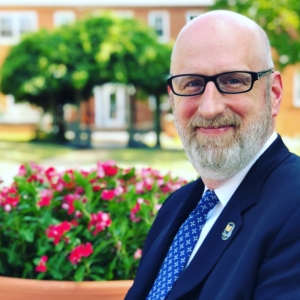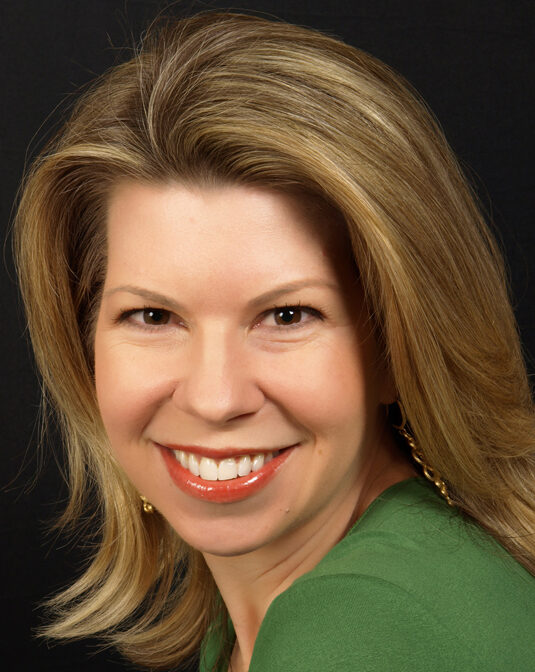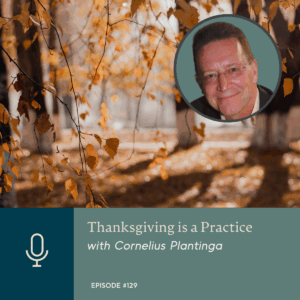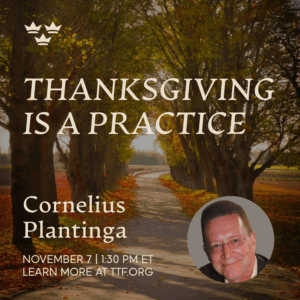Faith, Fear, and Conspiracy, with David French
March 12, 2021
Overview
Speakers
-
 DAVID FRENCH
DAVID FRENCH -
 CHERIE HARDER
CHERIE HARDER
SHARE

